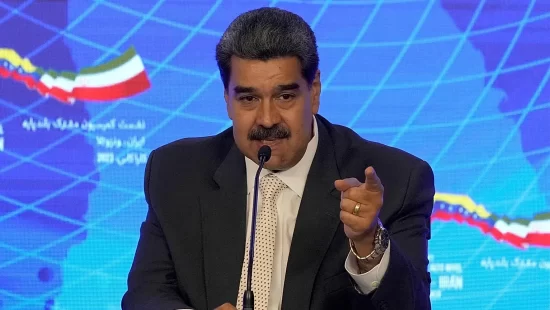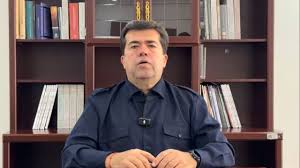
Federal prosecutors back down from death sentence as Joaquín Guzmán López faces explosive negotiations that could expose the cartel’s darkest secrets.
The U.S. government officially announced on Tuesday, May 27, that it will not seek the death penalty against Joaquín Guzmán López, son of the infamous drug lord Joaquín “El Chapo” Guzmán. A court filing from the U.S. Attorney’s Office in Chicago confirmed that, should Guzmán López be convicted, prosecutors will pursue an alternative sentence.
The court document, filed by U.S. Attorney Andrew Boutros, states:
“The United States of America, through its attorney, Andrew Boutros, U.S. Attorney for the Northern District of Illinois, pursuant to Title 18 of the United States Code, Section 3593, announces to the defendant Joaquín Guzmán López that, in the event he is found guilty, the government will not seek a sentence of death.”
While the court did not disclose the reasoning for this decision, legal experts note that such leniency typically indicates active or potential cooperation with federal authorities. To secure a lesser sentence or avoid the death penalty, Guzmán López would likely need to provide substantial assistance, which may include:
- Detailed intelligence on Sinaloa Cartel operations, finances, supply chains, and distribution networks.
- Identification of cartel leadership, including their roles, whereabouts, and relationships.
- Information about international partners, money laundering routes, or corrupt officials.
- Evidence or testimony that can lead to convictions of high-ranking cartel members, including remaining Chapitos or “El Mayo” Zambada’s faction.
Even without the death penalty, the charges Guzmán López faces are extremely serious. He has been indicted on multiple counts, including:
- Drug trafficking (including fentanyl and cocaine)
- Money laundering
- Conspiracy to distribute controlled substances
- Weapons trafficking
- Murder in furtherance of a criminal enterprise
Under federal sentencing guidelines:
- Each drug trafficking or RICO (Racketeer Influenced and Corrupt Organizations Act) charge could carry a sentence of 10 years to life.
- Conspiracy charges often carry 20 years to life depending on specifics.
- If found guilty on all counts, he could still face multiple life sentences.
The exact maximum depends on how the charges are structured and whether they run concurrently (at the same time) or consecutively (one after another).
While full freedom is highly unlikely, there are rare cases in which high-level cooperators eventually receive reduced sentences or are placed into witness protection with time served, especially if:
- Their cooperation leads to major indictments and arrests.
- They pose a credible risk to cartel operations due to the information they reveal.
- The government wants to send a message to other potential cooperators.
However, given the severity of the charges and his high profile, it’s improbable that Guzmán López would completely avoid prison. The most likely best-case scenario would be:
- A substantially reduced sentence (e.g., 10–25 years) under a sealed plea agreement, followed by entry into the federal witness protection program (WITSEC).
Such outcomes are typically negotiated behind closed doors, and the public might not know the full extent of the deal for years—if ever.








